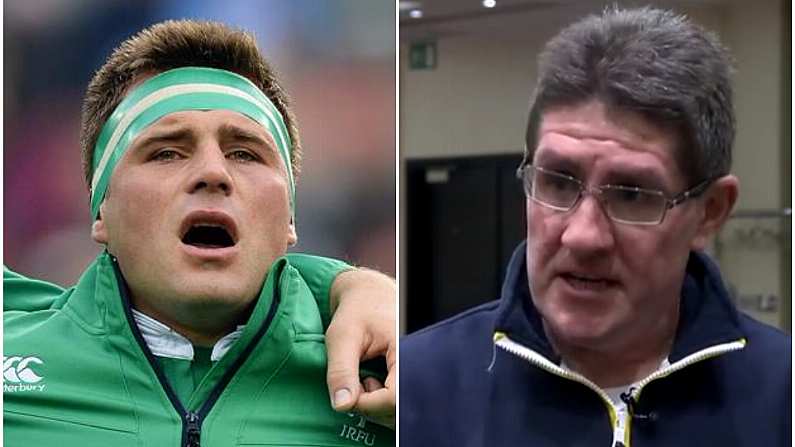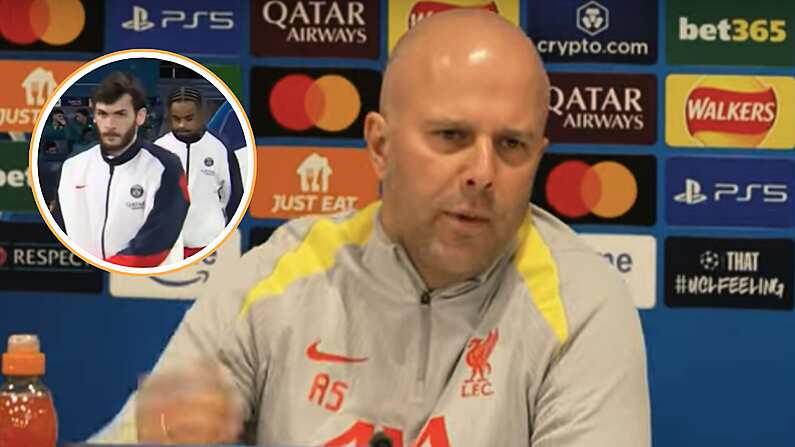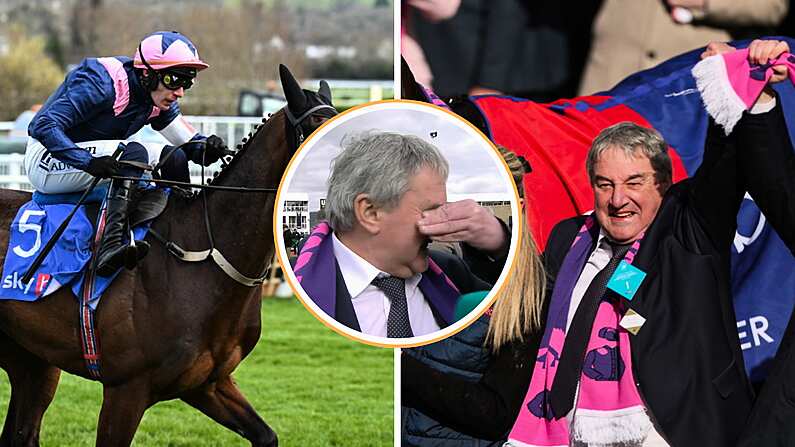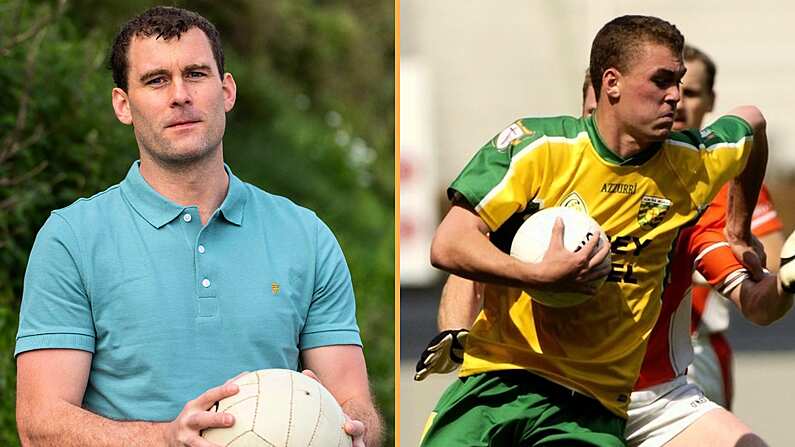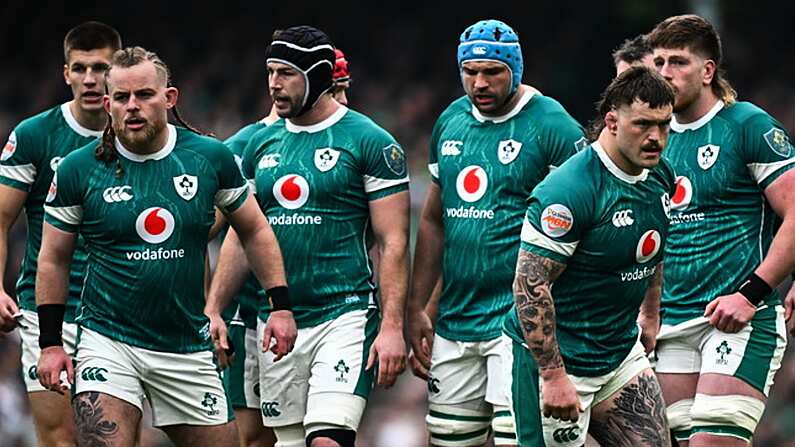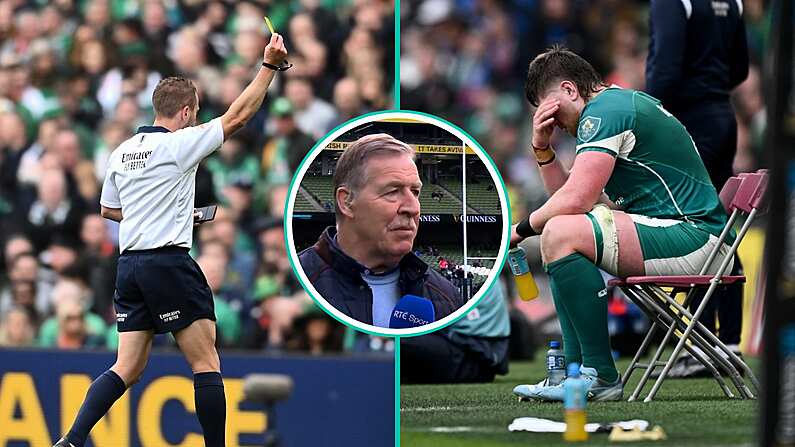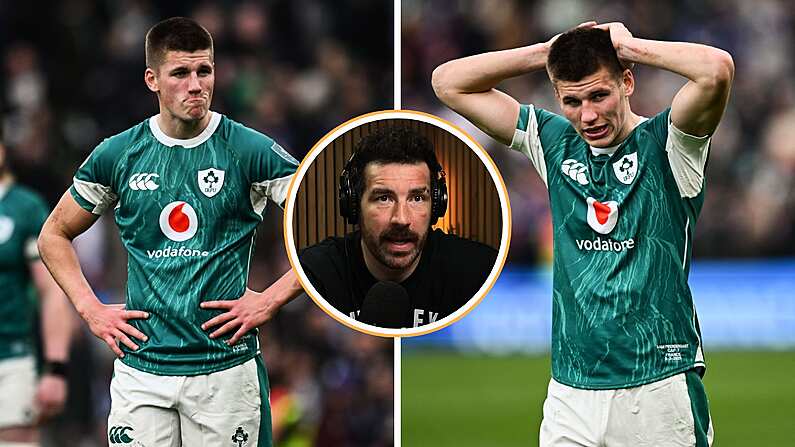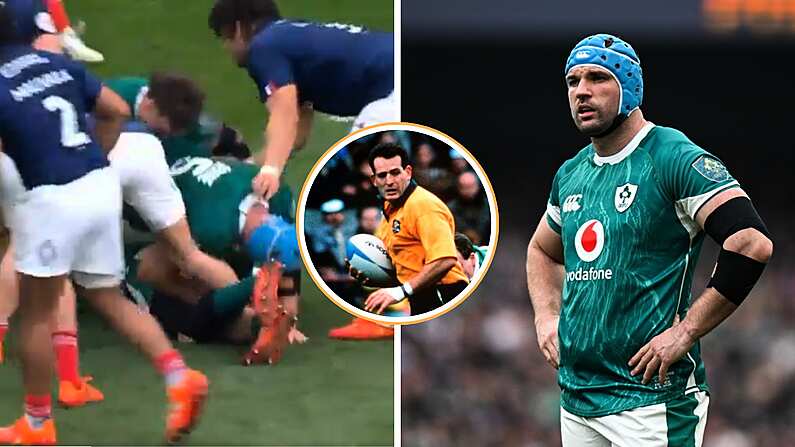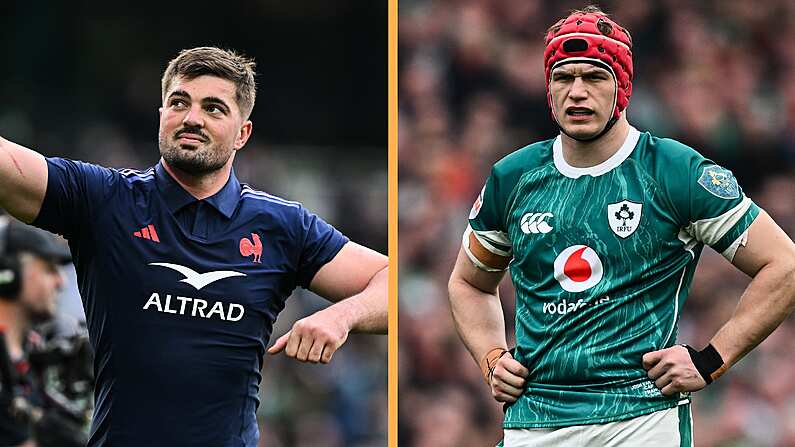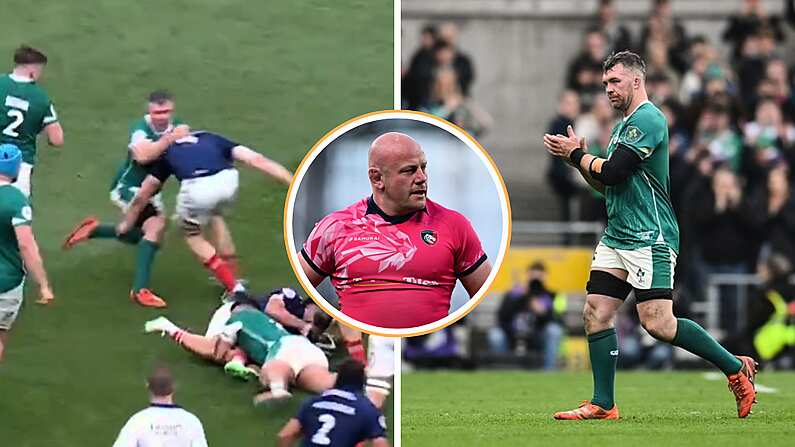Paul Kimmage on CJ Stander: It wasn't Stander himself, but the rule that allows him to play for Ireland, that was the subject of Paul Kimmage's ire on radio tonight.
Paul Kimmage was on 'The Last Word' again tonight, and in the wake of his brilliant interview with Rory McIlroy in the Sindo at the weekend the conversation turned to the issue of national identity, something McIlroy tackled head-on during the interview with Kimmage. This time, though, the subject was sportspeople representing countries other than where they were born. Cooper brought up the sailor Saskia Tidey, who sailed for Ireland in Rio at the Olympics last summer but is going to compete for Britain in the next Olympic Games because her father has a British passport.
Kimmage pointed to athletics, and the issue of 'nationality dopers' that raised its ugly head when Fionnuala McCormack was beaten by two Kenyan-born 'Turks' at the European cross country championships a few weeks back:
It's happening in athletics all the time, you see Fionnuala McCormack raging at it justifiably after the European cross country championships.
Cooper at this point referenced Munster's South African-born flanker CJ Stander, a "remarkable figure" who is "loved in Munster" and "becoming loved in Irish rugby because of his performances", taking "massive pride" in representing Ireland (he earned widespread plaudits for learning off the Irish national anthem).
Kimmage, while he acknowledged that Stander has been brilliant for Munster, said the 26-year-old shouldn't be lining out in green:
I don't want to see him playing for Ireland. I don't want to see it.
I think he is everything you have said, I totally agree with the way he has fronted up for Munster, and his declaration, buying into the whole Ireland thing.
He is still depriving someone who was born and raised here of playing in that position. And I think that should be the bottom line.
Former Ireland international Paul Wallace was also on the show, and at this point Cooper brought him into the discussion. Wallace, too, was strong in his opinion on the issue:
Look, I think there's various levels, and I've played with a lot of players who've never lived in Ireland before they came here in their 20s to play. Some had Irish parents or grandparents - you think of a lot of the English-based players, the likes of Dion O'Cuinneagain (born in South Africa), who captained Ireland in the '99 World Cup, and I think it was a different time when I played that they would have come over early on in the amateur era - the likes of Andy Ward (born in New Zealand), who won the European Cup with Ulster.
For me, playing with those players, they fully bought into being 'Irish'...I think one of the issues now is that it has come down to money.
And it's not just a case of this happening in Ireland. You look at the number of Polynesians playing on the French side, South Africans...the schools tournament down in South Africa, the scouts are down there looking at them already at that stage to try and head-hunt them.
You think of the Vunipola brothers, whose father was in Wales. They played underage at a school in Wales and then were brought off to England, and hence came into the underage English system.
So it is, in this professional sport, they are really going out there, hunting players. Not just when they are developed, in their early 20s, but even at schoolboy level - which I think is horrific.
Wallace said he was in favour of a five-year residency requirement before a player is allowed to play for a country - in this period you can "lay down your roots". Wallace feels that the current three years allows players to arrive with the specific purpose of being able to play international rugby within that relatively short period of time after having failed to do so elsewhere.
It's a tricky topic in Ireland. For example, we're fairly excitable when it comes to discovering talented footballers with a granny from deepest Kerry or darkest Leitrim and have benefited from pushing that particular rule to its absolute limit.
You can listen to the full episode of 'The Last Word' here.

